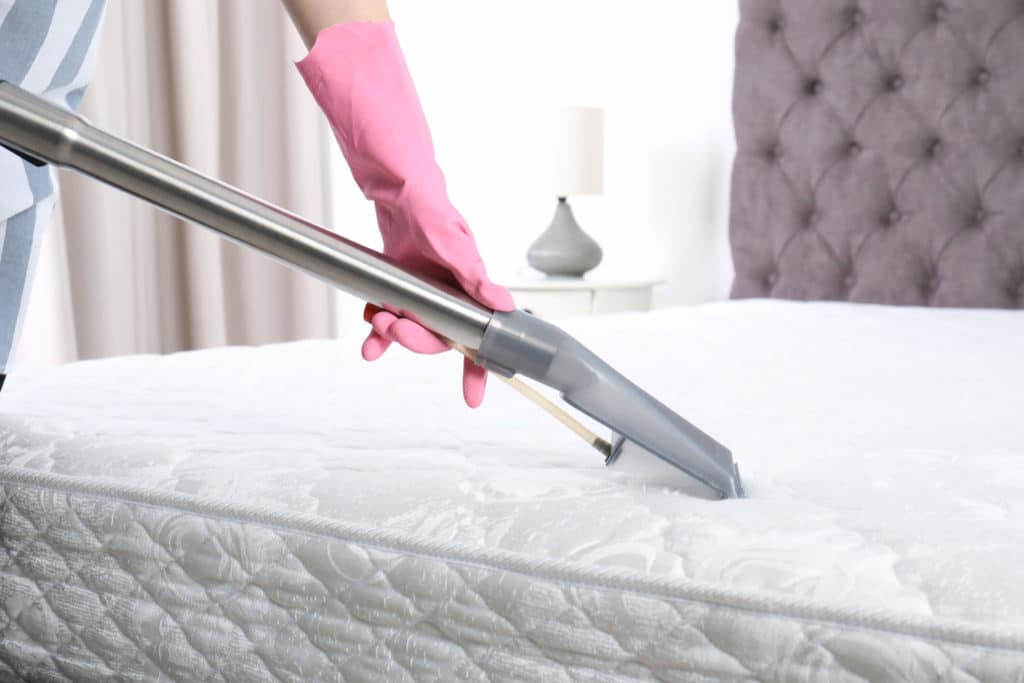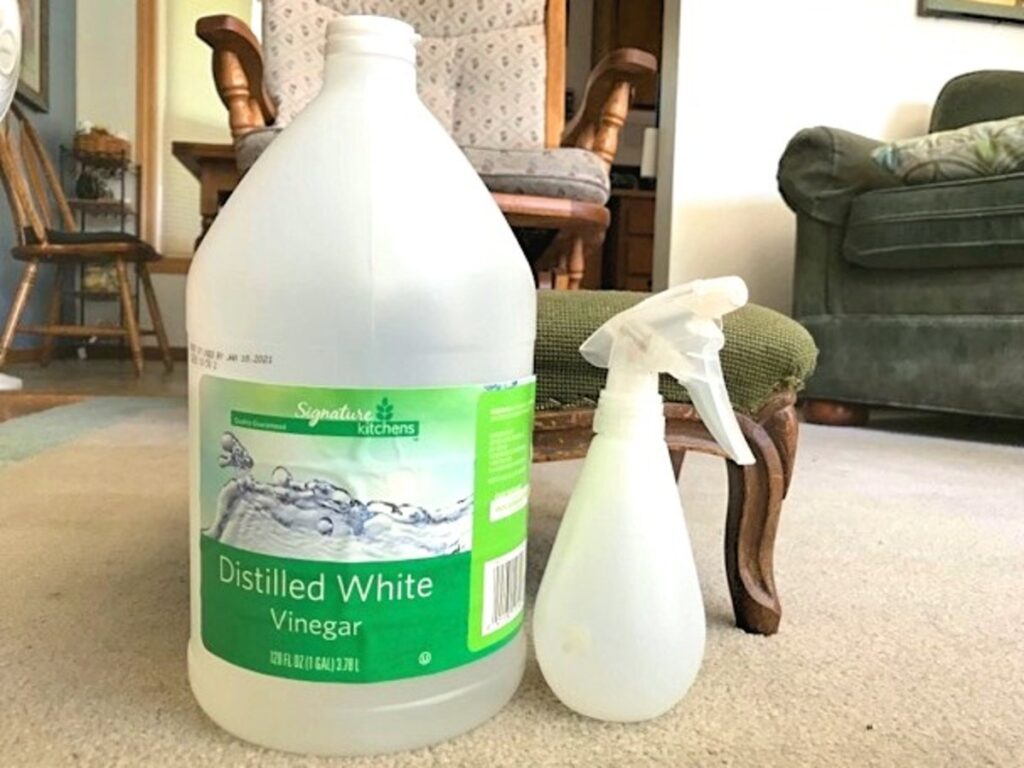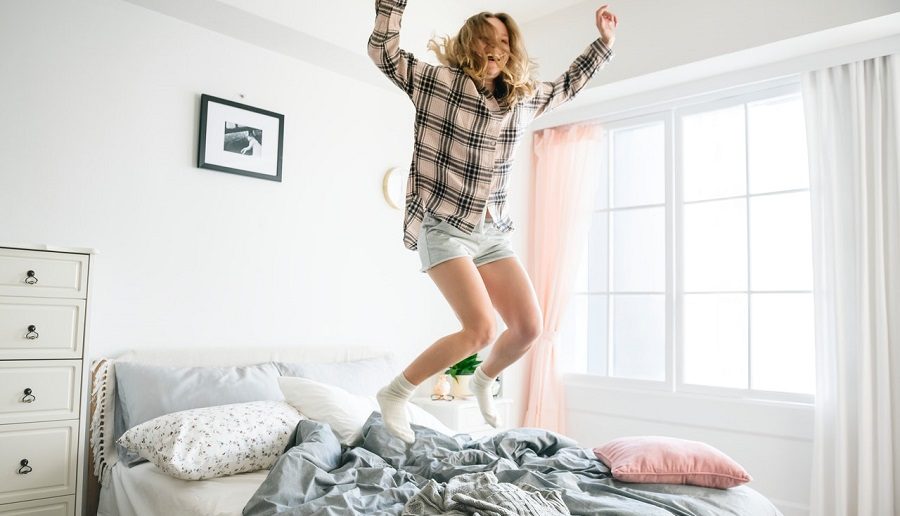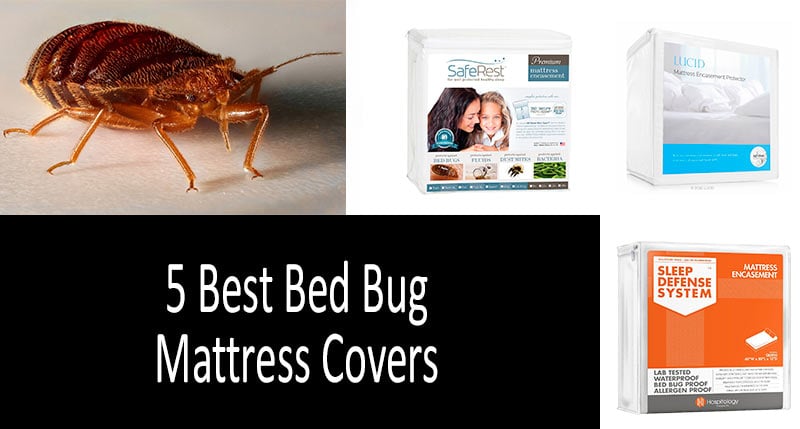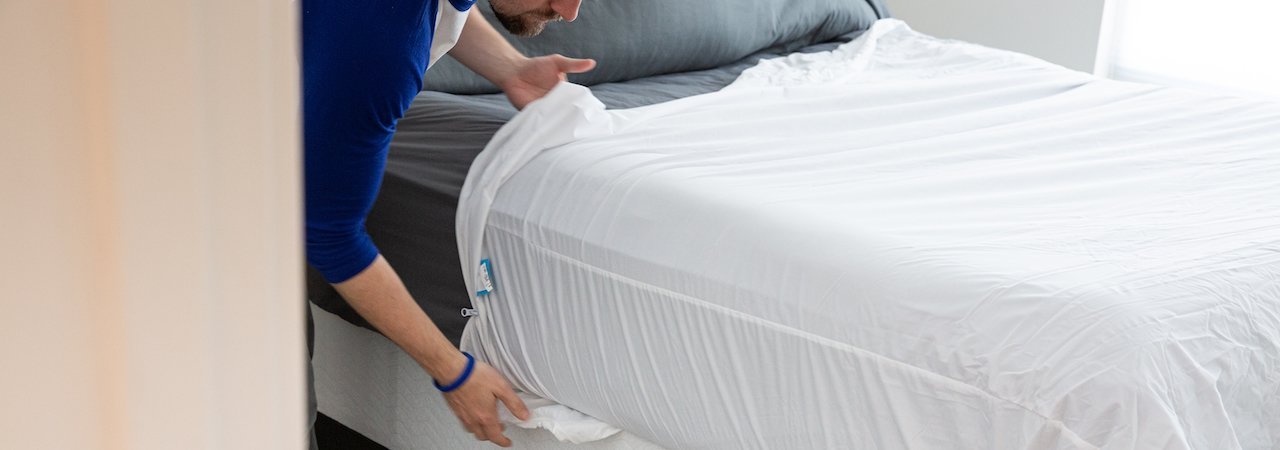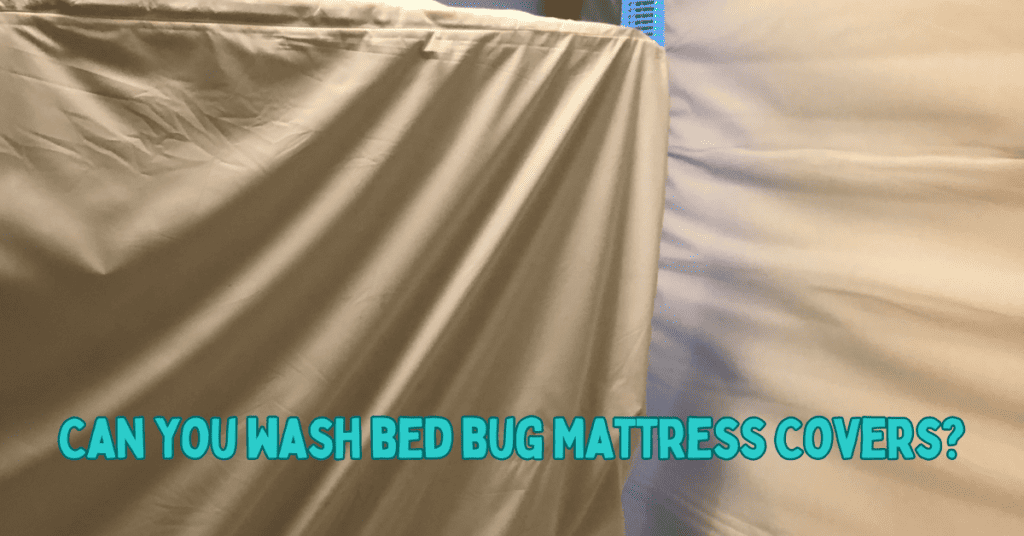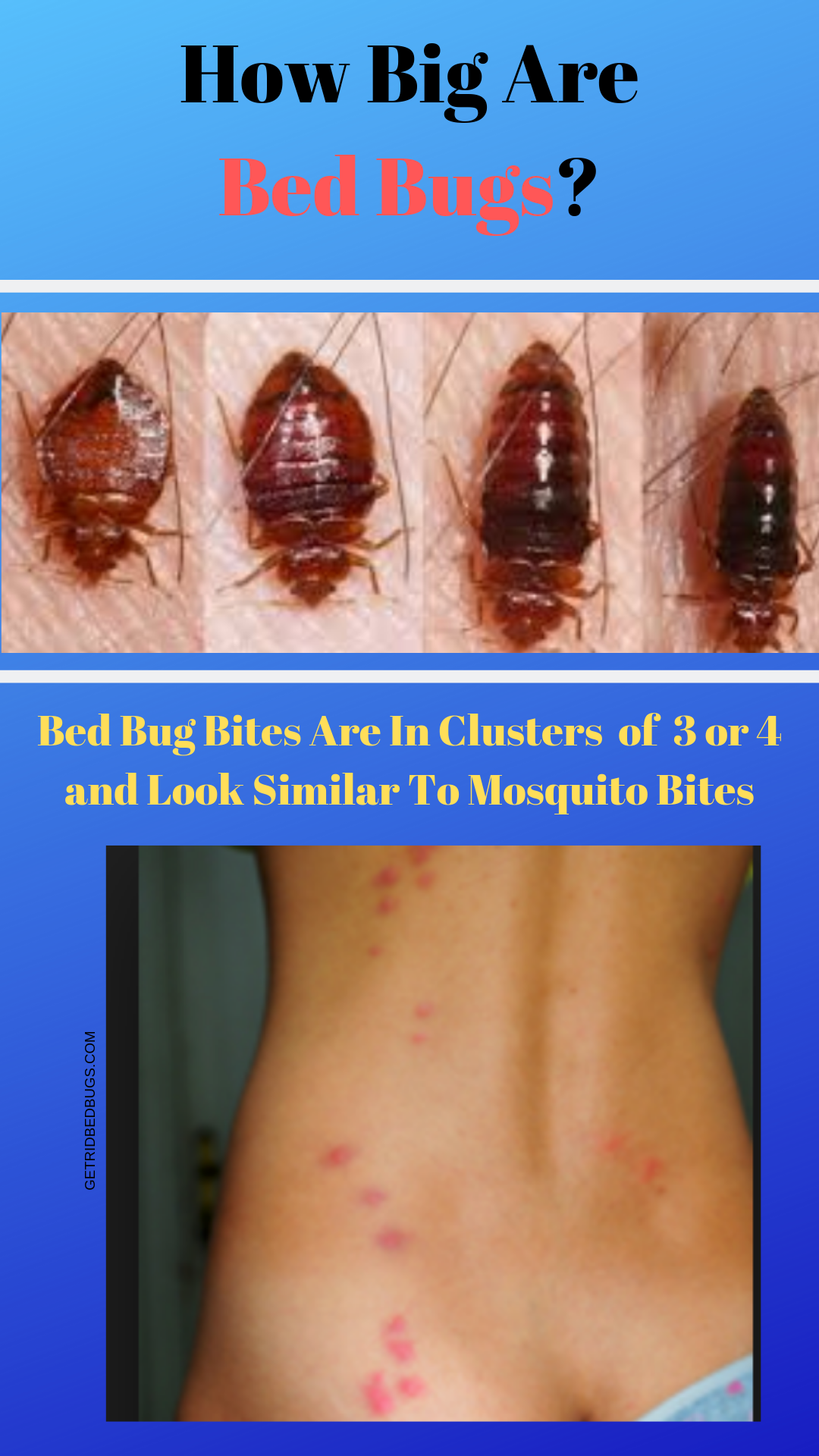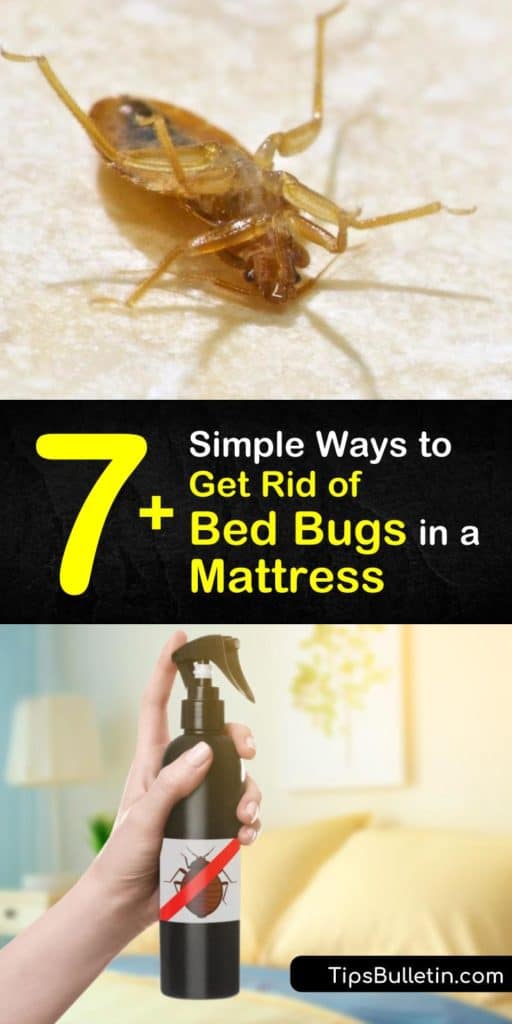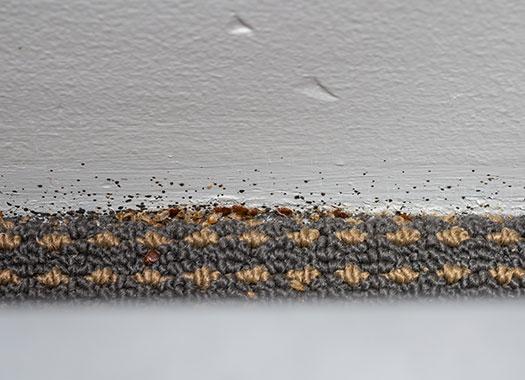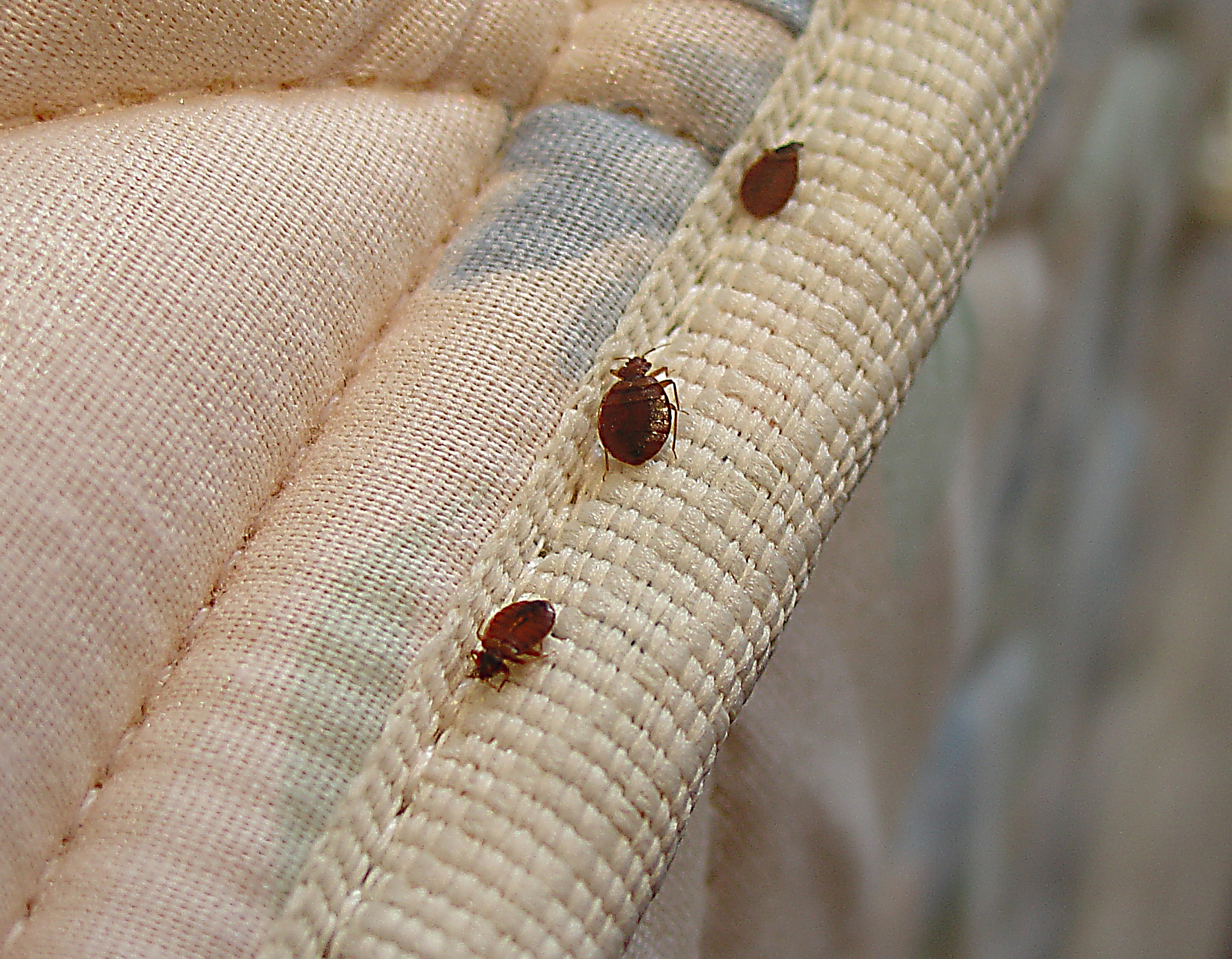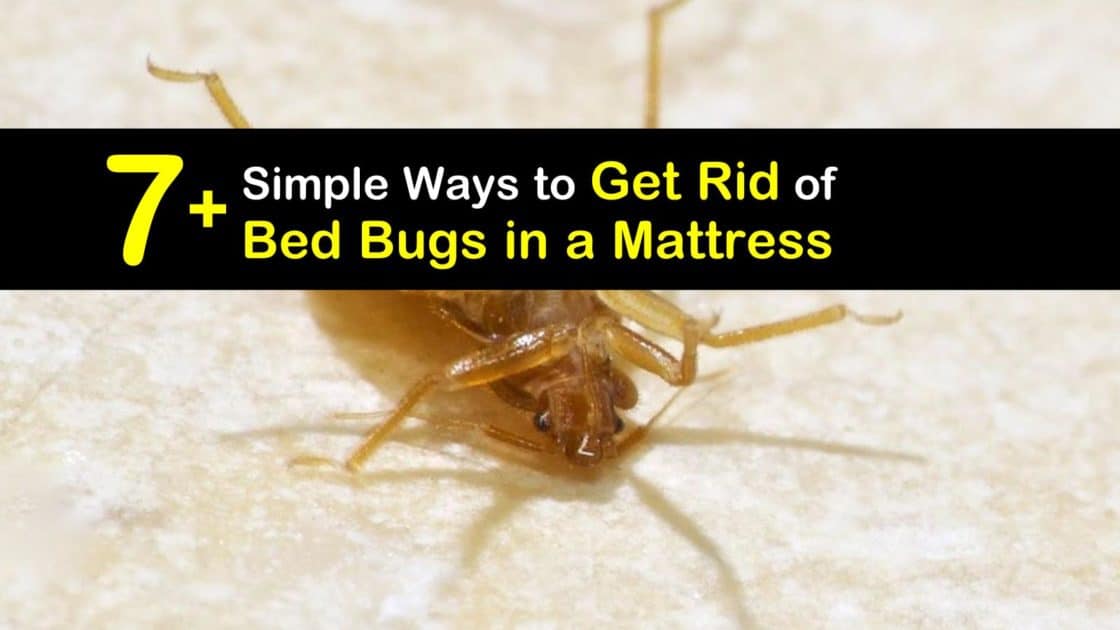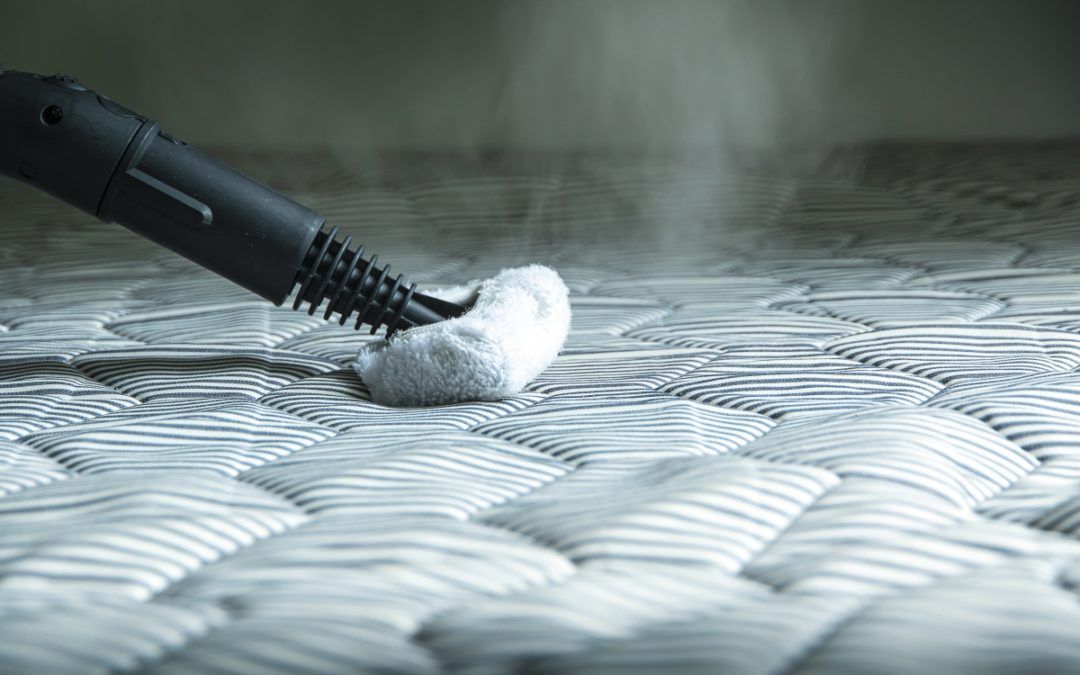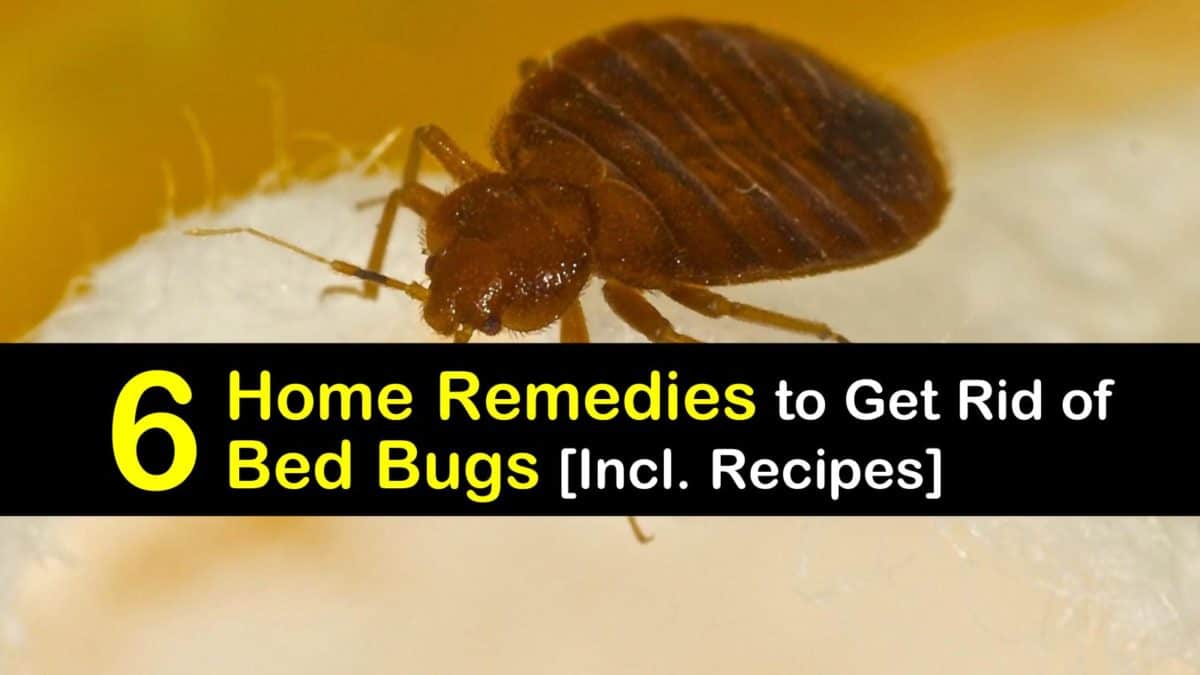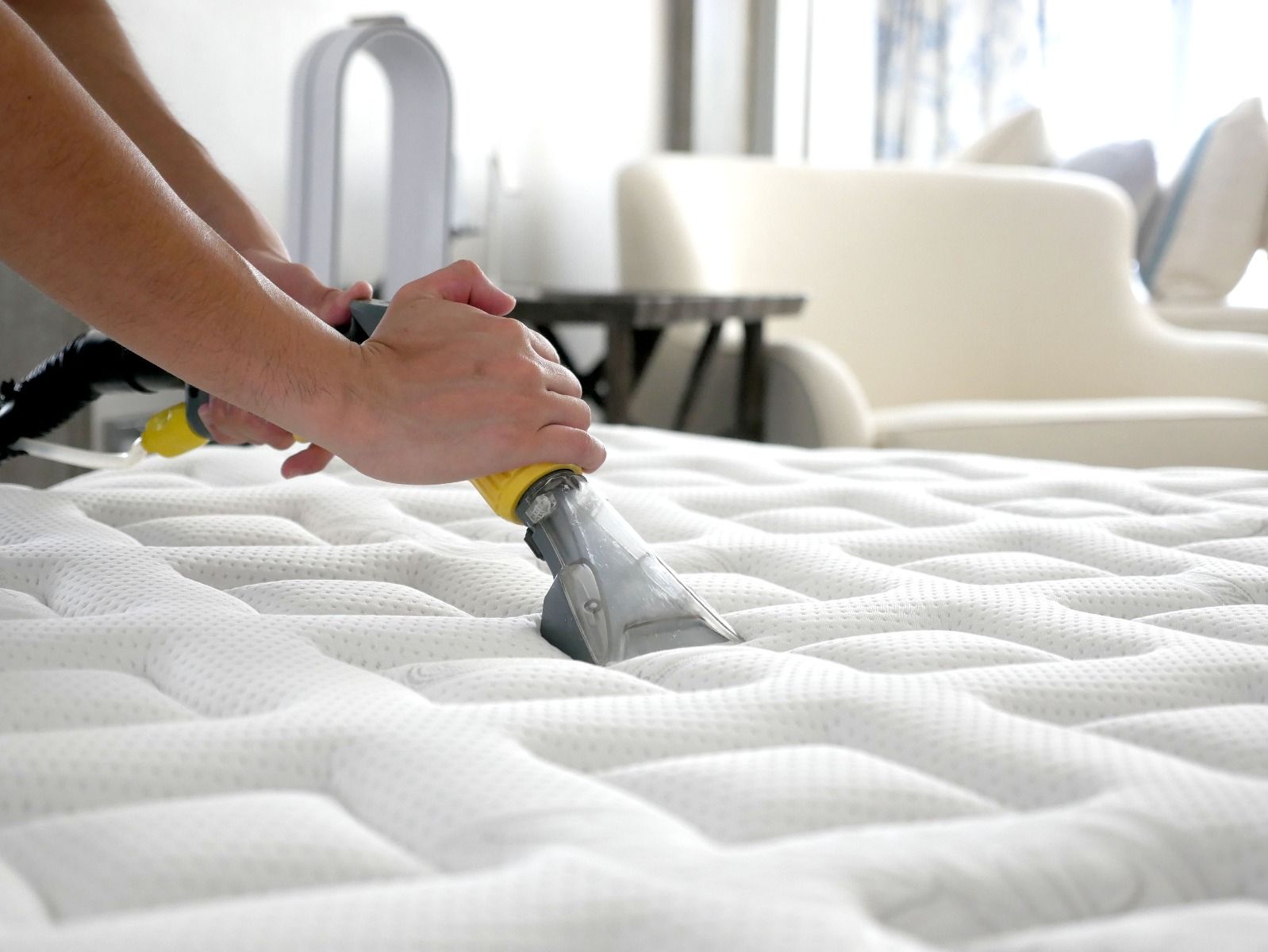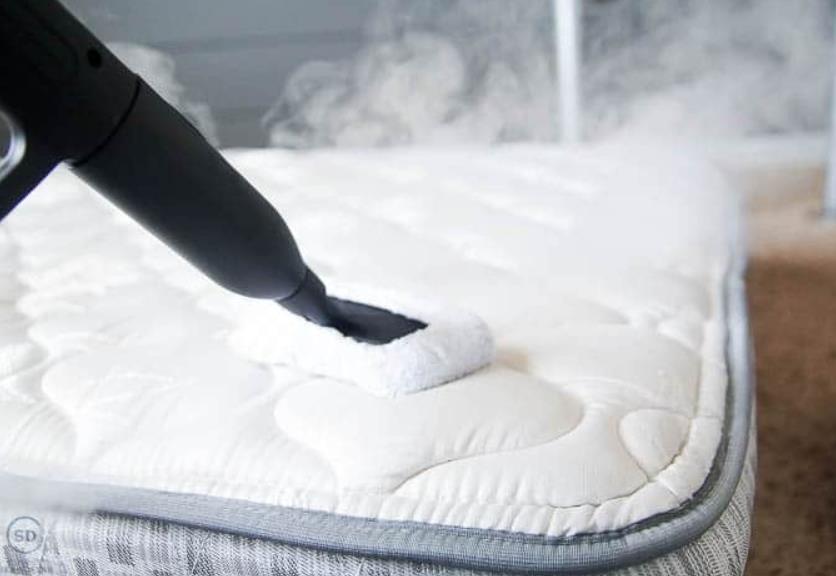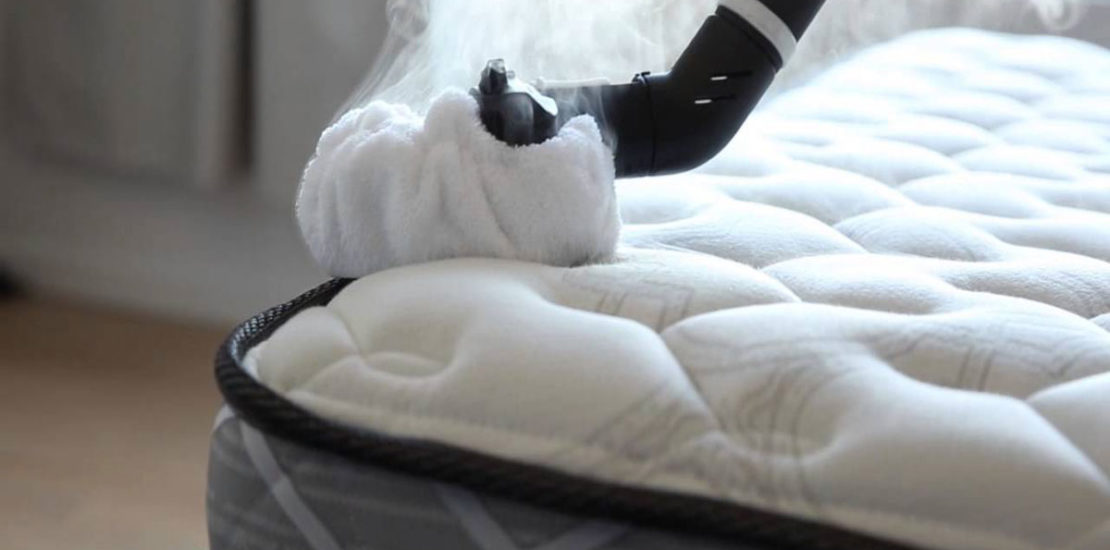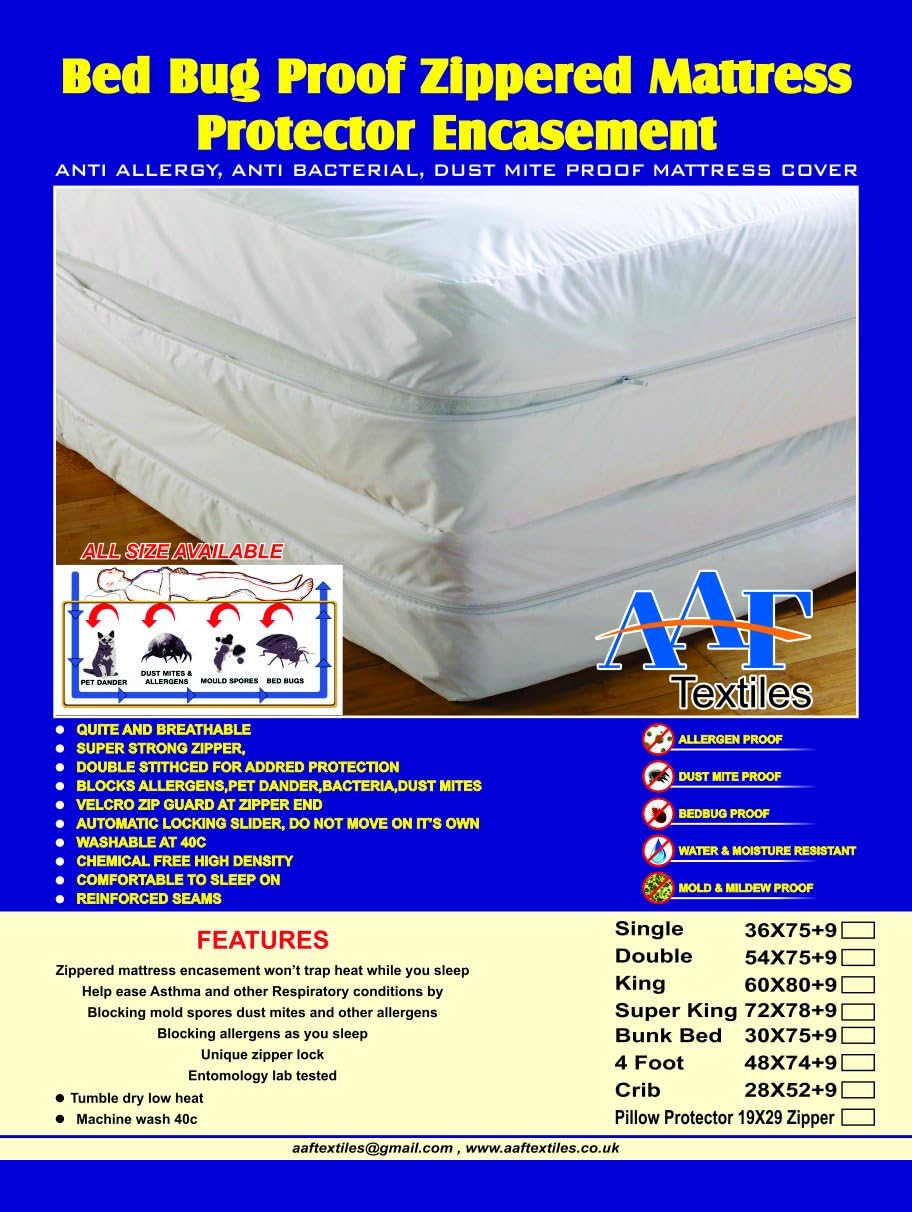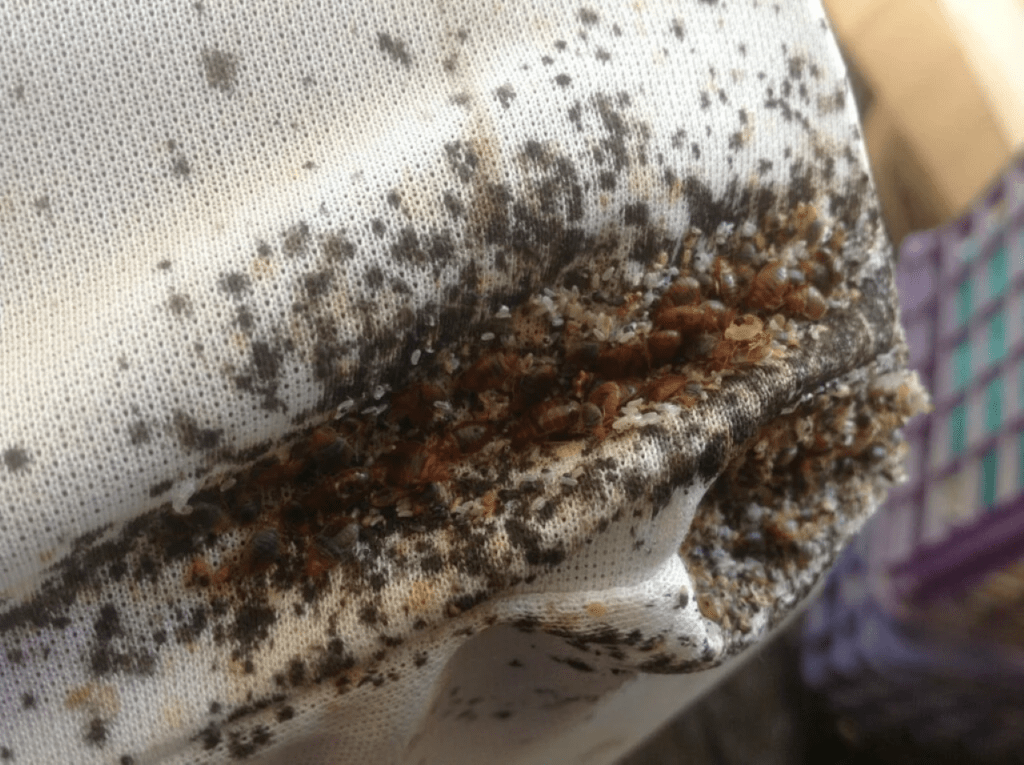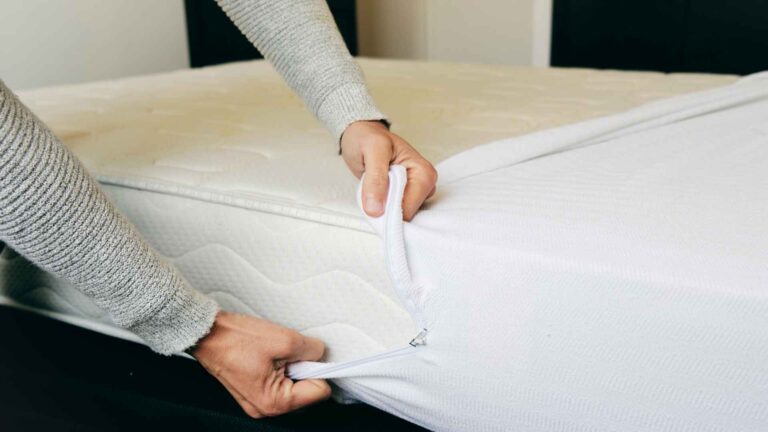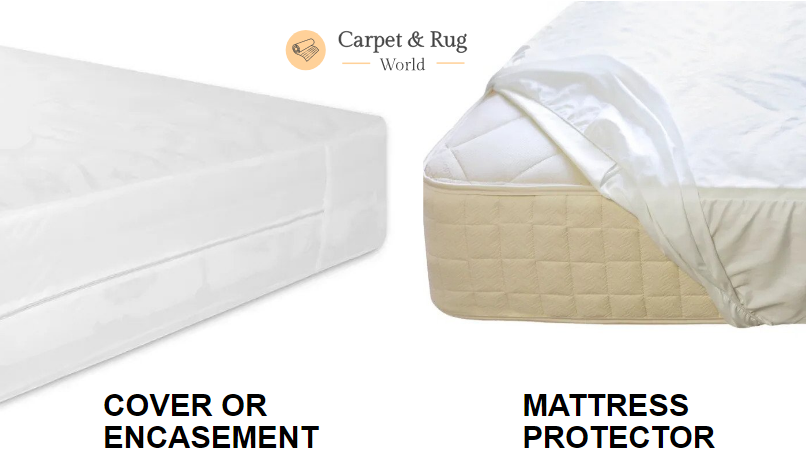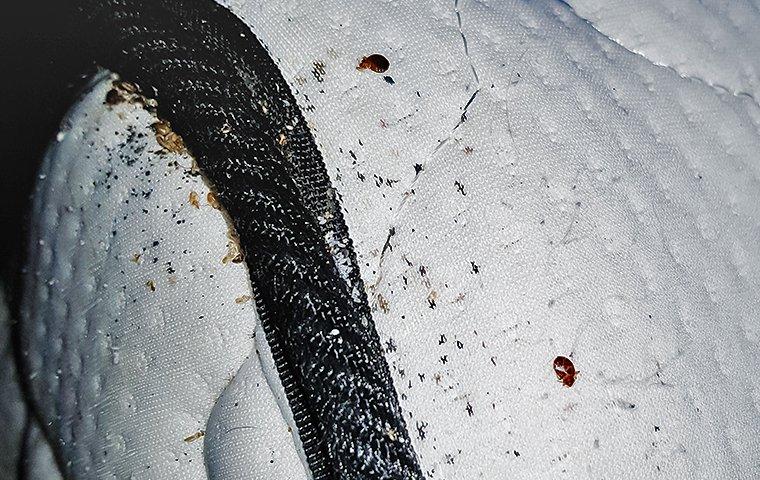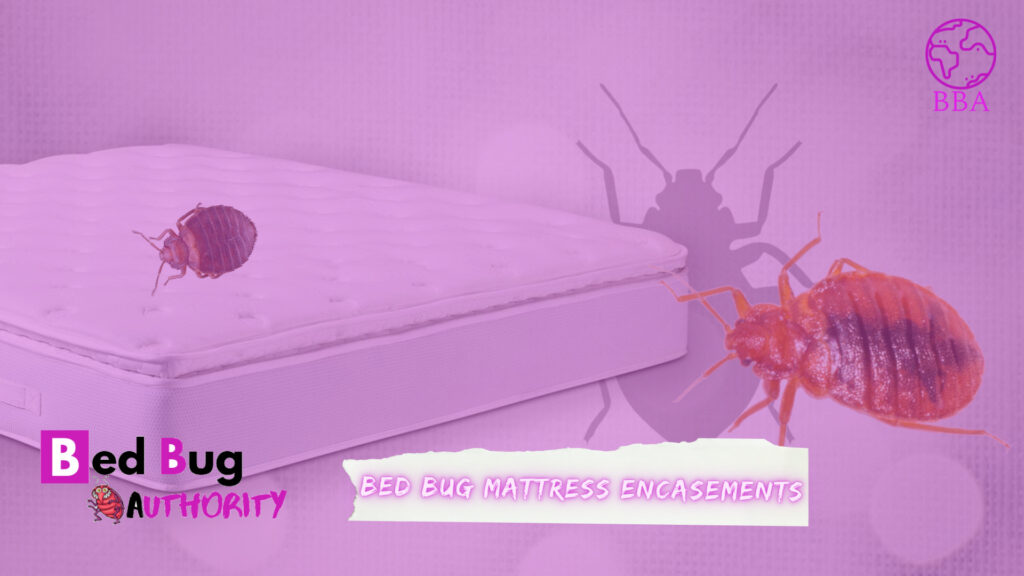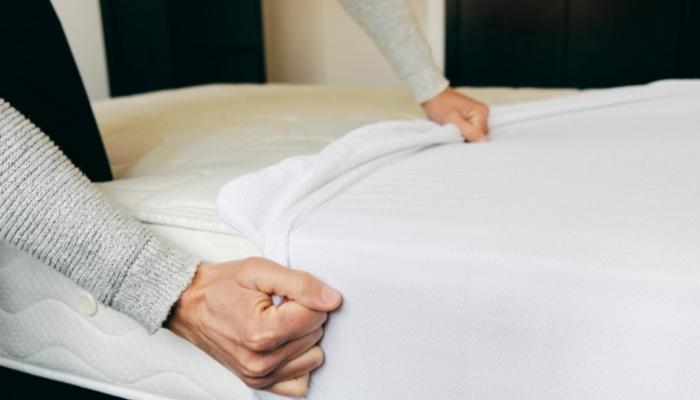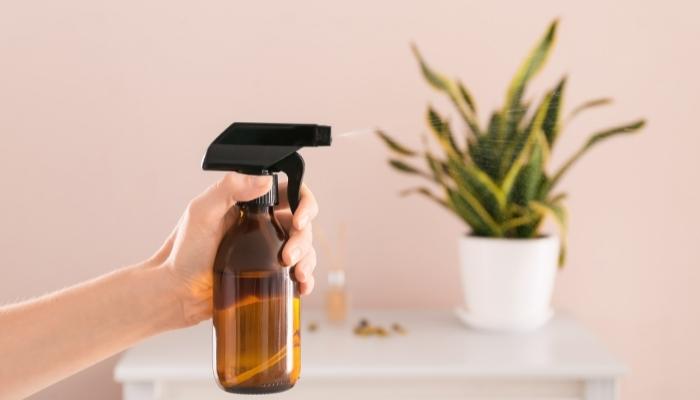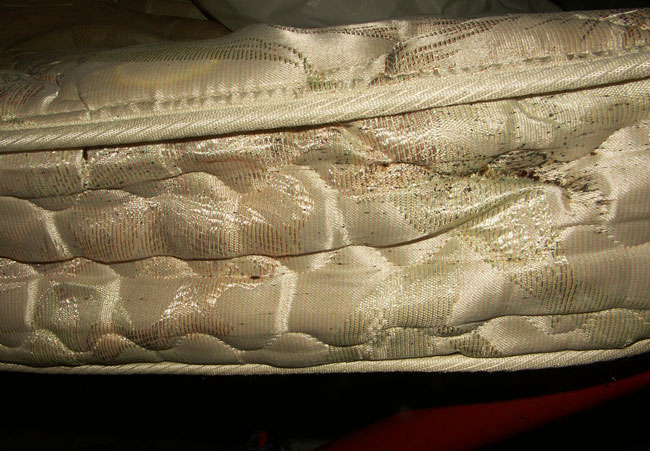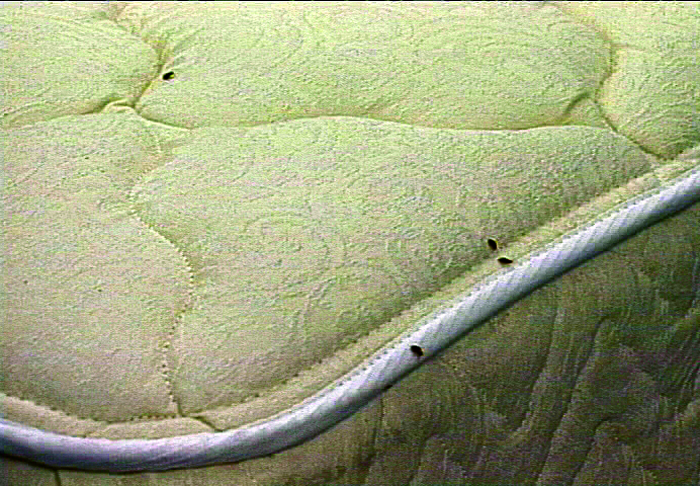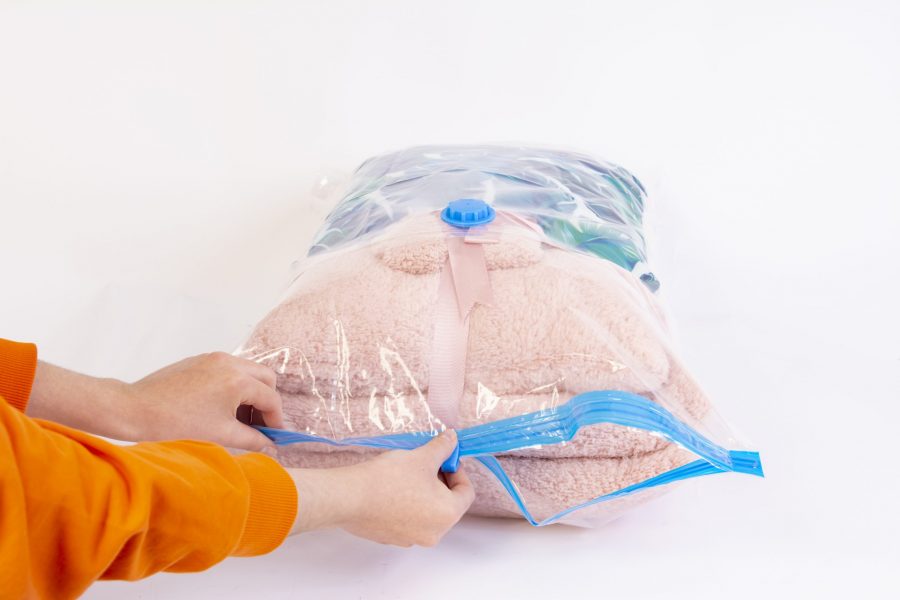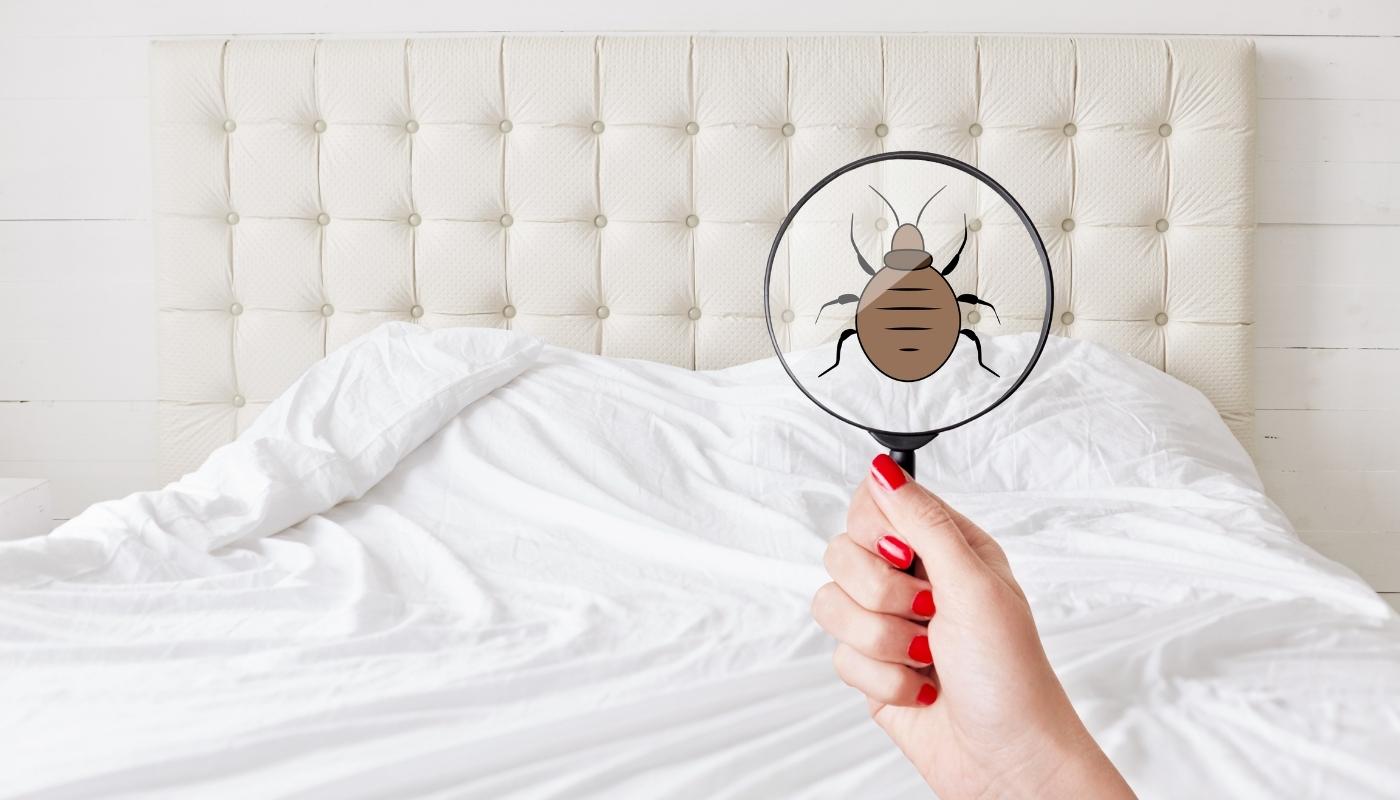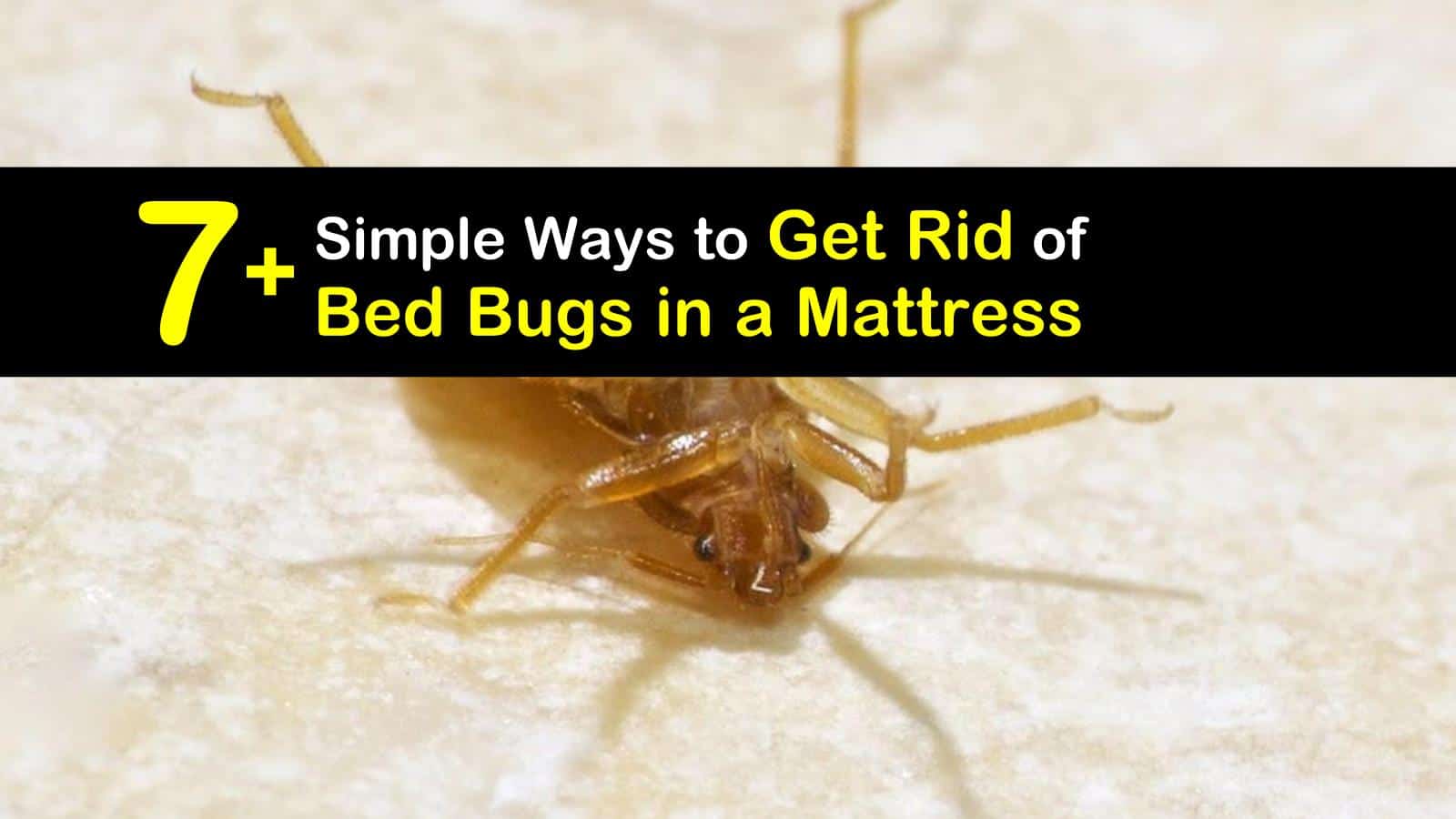Bed bugs are a common problem that can wreak havoc in your bedroom. These pesky insects can easily infest your mattress, making it an uncomfortable and unhygienic place to sleep. But don't worry, there are several effective methods to get rid of bed bugs on mattresses. If you spot bed bugs on your mattress, the first thing you should do is isolate your bed and any other infested items. This will prevent the bed bugs from spreading to other areas of your home. Then, it's time to take action to eliminate them for good. One effective method is to thoroughly vacuum your mattress and bed frame. This will help remove any live bed bugs and their eggs. You can also use a steam cleaner to kill any remaining bed bugs and their eggs. Just be sure to use high heat and direct the steam at all areas of your mattress, including seams and edges. Another option is to use insecticides specifically designed for bed bugs. These can be found at most hardware stores and should be used according to the manufacturer's instructions. It's important to note that insecticides can be harmful, so be sure to wear protective gear and keep children and pets away from the treated area. It's also a good idea to wash all bedding, clothing, and other fabrics in hot water and dry them on high heat to kill any remaining bed bugs. And don't forget to inspect and clean any other potential hiding spots, such as cracks in the walls or furniture.1. How to Get Rid of Bed Bugs on Mattresses
If you want to prevent bed bugs from infesting your mattress in the first place, consider investing in a mattress encasement. These are specially designed covers that completely encase your mattress, making it difficult for bed bugs to penetrate and infest. When purchasing a mattress encasement, be sure to look for one that is specifically designed for bed bug protection. These will have a tight weave and a zipper that is small enough to prevent bed bugs from escaping or entering. It's also important to regularly inspect and replace your encasement if it becomes damaged. A mattress encasement not only helps prevent bed bugs, but it can also protect your mattress from other pests, spills, and stains. It's a worthwhile investment for a peaceful and hygienic sleep.2. Mattress Encasements for Bed Bug Protection
It's important to be able to identify the signs of bed bugs in your mattress so you can take action as soon as possible. The most obvious sign is actually seeing the bed bugs themselves, but they can be difficult to spot as they are small and tend to hide during the day. Other signs to look out for include small blood stains on your sheets or mattress, dark spots or smears (bed bug excrement), and tiny white eggs or eggshells. You may also notice a musty or sweet odor in the infested area. If you suspect you have bed bugs in your mattress, it's important to act quickly to prevent the infestation from spreading and becoming more difficult to eliminate.3. Signs of Bed Bugs in Mattresses
If you prefer to take a more natural approach to getting rid of bed bugs on your mattress, there are a few DIY methods that can be effective. One method is to use diatomaceous earth, a natural powder made from the fossilized remains of tiny aquatic organisms. This powder is safe for humans and pets, but it is deadly to bed bugs as it dehydrates and kills them. Simply sprinkle the powder around your bed and mattress and vacuum it up after a few hours. Another natural option is to use essential oils, such as lavender, peppermint, or tea tree oil. These oils have insecticidal properties that can help repel and kill bed bugs. Mix a few drops with water and spray it on your mattress and bedding. While these methods may not completely eliminate a bed bug infestation, they can be helpful in reducing the number of bed bugs and preventing them from spreading.4. DIY Bed Bug Treatment for Mattresses
In addition to mattress encasements, there are also mattress covers specifically designed for bed bug prevention. These covers are not as thick as encasements, but they have a special zipper that creates a tight seal to keep bed bugs out. When choosing a mattress cover for bed bug prevention, look for one that is made of a durable material, such as microfiber. It should also have a small zipper and be able to withstand high temperatures for washing and drying. It's important to note that mattress covers for bed bug prevention are not 100% effective, but they can be a helpful tool in preventing an infestation.5. Best Mattress Covers for Bed Bug Prevention
Identifying bed bugs on your mattress can be tricky, but it's important to do so in order to take action and prevent further infestation. One way to identify bed bugs is to look for live bugs and their eggs. They are small, oval-shaped, and reddish-brown in color. You may also see dark spots or smears on your mattress, which is their excrement. And as mentioned before, a musty or sweet odor can also be a sign of bed bugs. If you're unsure if what you're seeing is a bed bug, you can always consult with a pest control professional for confirmation and assistance in getting rid of them.6. How to Identify Bed Bugs on Your Mattress
In addition to the DIY methods mentioned earlier, there are other natural remedies that may be effective in getting rid of bed bugs on your mattress. For example, you can use rubbing alcohol to kill bed bugs on contact. Simply pour some into a spray bottle and apply it directly to the bugs. You can also use a mixture of baking soda and water to create a paste and apply it to your mattress. Leave it on for a few hours before vacuuming it up. It's important to note that these natural remedies may not completely eliminate a bed bug infestation, but they can be helpful in reducing the number of bugs and making your mattress less appealing for them to live on.7. Natural Remedies for Bed Bugs on Mattresses
Steam cleaning is a highly effective method for getting rid of bed bugs on mattresses. The high temperature of the steam kills bed bugs and their eggs on contact, making it a safe and non-toxic option. You can purchase or rent a steam cleaner specifically designed for bed bug removal, or hire a professional to do the job for you. Just be sure to carefully follow the instructions and use high heat to ensure success. You may need to repeat the process a few times to completely eliminate the infestation.8. Mattress Steam Cleaning for Bed Bug Removal
Bed bug mattress protectors, also known as covers or encasements, are designed to prevent bed bugs from infesting your mattress. But do they actually work? Well, it depends on the type and quality of the protector. As mentioned before, a proper encasement with a tight weave and small zipper can be highly effective in preventing bed bugs. However, a cheaper or poorly made protector may not do the job and can even make the problem worse by trapping bed bugs inside. If you decide to invest in a mattress protector, be sure to do your research and choose a high-quality option specifically designed for bed bug protection.9. Bed Bug Mattress Protectors: Do They Work?
Preventing bed bugs from infesting your mattress in the first place is the best way to avoid the hassle and stress of trying to get rid of them. Here are a few tips to help prevent bed bugs in your mattress: Regularly inspect your mattress and bedding for signs of bed bugs, including live bugs, eggs, and dark spots. Wash and dry your bedding on high heat regularly to kill any potential bed bugs. Keep your bedroom clutter-free to minimize hiding spots for bed bugs. When traveling, inspect your hotel room for bed bugs before unpacking and keep your luggage off the floor and bed. Be cautious when buying used furniture as it may be infested with bed bugs. If you live in an apartment building, communicate with your neighbors about any bed bug incidents to prevent them from spreading to your unit.10. How to Prevent Bed Bugs in Your Mattress
How to Prevent Bed Bugs in Your Mattress
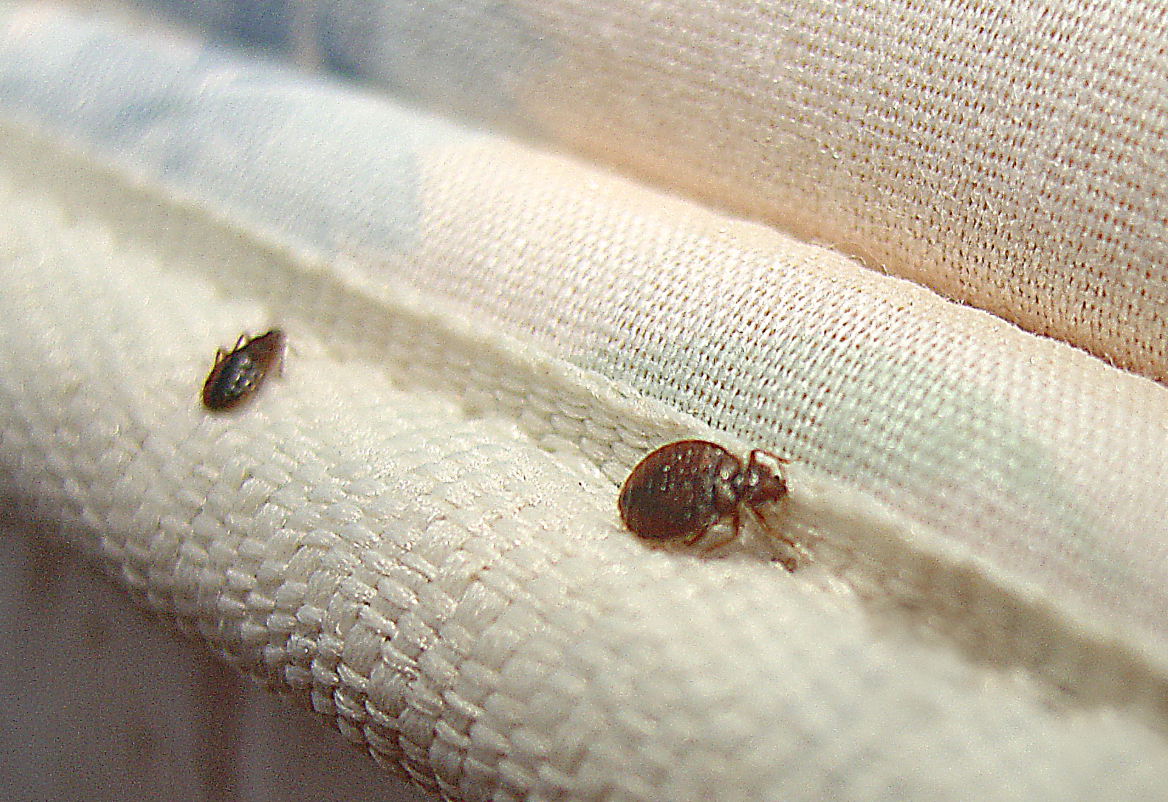
Understanding Bed Bugs and Their Habitat
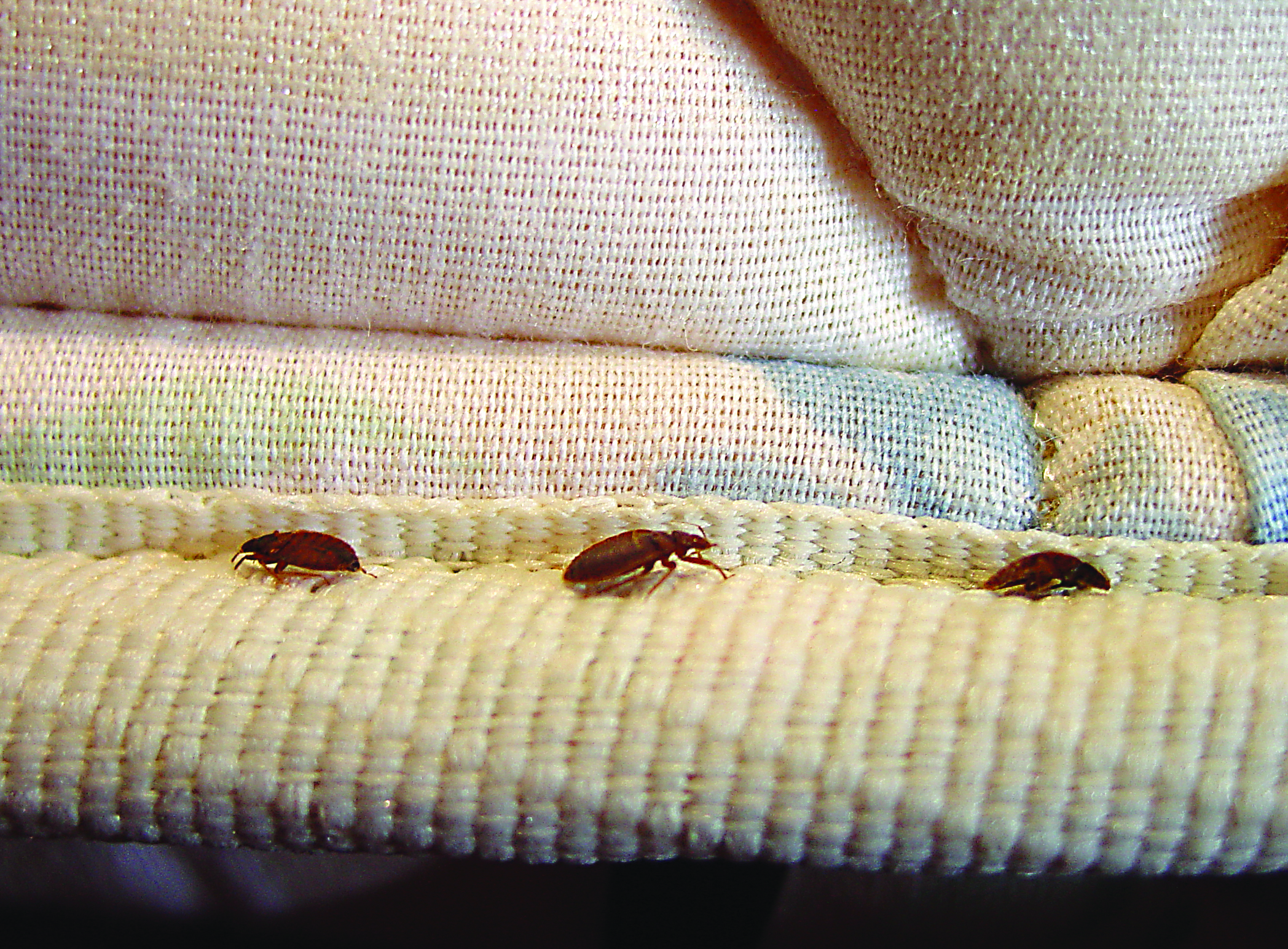 Bed bugs are small, reddish-brown insects that are notorious for their ability to infest mattresses. These pesky critters feed on human blood and can cause itchy bites, skin irritation, and even psychological distress. They are found all over the world and can easily hitchhike their way into your home through clothing, luggage, and used furniture. Once they settle in, they can reproduce quickly and spread to other areas of your home, making them incredibly difficult to get rid of.
Bed bugs are small, reddish-brown insects that are notorious for their ability to infest mattresses. These pesky critters feed on human blood and can cause itchy bites, skin irritation, and even psychological distress. They are found all over the world and can easily hitchhike their way into your home through clothing, luggage, and used furniture. Once they settle in, they can reproduce quickly and spread to other areas of your home, making them incredibly difficult to get rid of.
The Importance of Regular Mattress Cleaning
 One of the best ways to prevent a bed bug infestation in your mattress is to keep it clean and well-maintained. Regularly vacuuming your mattress and washing your bedding in hot water can help to eliminate any existing bed bugs and their eggs.
Hot water is key
as it can kill bed bugs at all stages of their life cycle. Additionally,
using a mattress protector
can create a physical barrier between you and any potential bed bugs, making it harder for them to infest your mattress.
One of the best ways to prevent a bed bug infestation in your mattress is to keep it clean and well-maintained. Regularly vacuuming your mattress and washing your bedding in hot water can help to eliminate any existing bed bugs and their eggs.
Hot water is key
as it can kill bed bugs at all stages of their life cycle. Additionally,
using a mattress protector
can create a physical barrier between you and any potential bed bugs, making it harder for them to infest your mattress.
Invest in Quality Mattress Materials
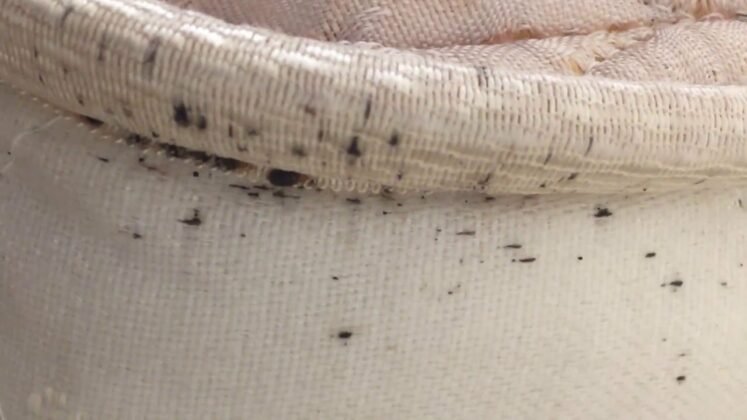 When it comes to preventing bed bugs, the materials of your mattress can make a big difference.
Opt for mattresses made from natural materials
such as latex or wool, as they are less attractive to bed bugs compared to synthetic materials. These natural materials also have better breathability, making it harder for bed bugs to survive in them.
Consider using essential oils
known for their bed bug-repellent properties, such as tea tree, lavender, or eucalyptus, in your mattress to further deter these pests.
When it comes to preventing bed bugs, the materials of your mattress can make a big difference.
Opt for mattresses made from natural materials
such as latex or wool, as they are less attractive to bed bugs compared to synthetic materials. These natural materials also have better breathability, making it harder for bed bugs to survive in them.
Consider using essential oils
known for their bed bug-repellent properties, such as tea tree, lavender, or eucalyptus, in your mattress to further deter these pests.
Inspect Used Furniture and Second-Hand Items
 While buying second-hand furniture can be a budget-friendly option, it can also be a way for bed bugs to enter your home. Always inspect used furniture and other second-hand items such as clothing or bedding before bringing them into your home.
Look for signs of bed bug infestations
such as rust-colored stains, dark spots, or shedded skins. If you suspect that an item may have bed bugs,
avoid bringing it into your home
or take necessary precautions such as washing it in hot water or using a bed bug spray.
While buying second-hand furniture can be a budget-friendly option, it can also be a way for bed bugs to enter your home. Always inspect used furniture and other second-hand items such as clothing or bedding before bringing them into your home.
Look for signs of bed bug infestations
such as rust-colored stains, dark spots, or shedded skins. If you suspect that an item may have bed bugs,
avoid bringing it into your home
or take necessary precautions such as washing it in hot water or using a bed bug spray.
Seek Professional Help
 If you suspect that your mattress is infested with bed bugs, it's best to seek professional help.
Do not attempt to treat the infestation on your own
as it can make the situation worse and spread the bed bugs to other areas of your home. Professional pest control companies have the expertise and experience to effectively eliminate bed bugs from your mattress and prevent future infestations.
In conclusion, bed bugs can be a nightmare to deal with, especially when they infest your mattress. However, by understanding their habits and taking preventative measures such as regular cleaning and investing in quality mattress materials, you can keep these pesky bugs at bay. Remember to always inspect used furniture and seek professional help if needed. With these tips, you can enjoy a peaceful and bed bug-free sleep every night.
If you suspect that your mattress is infested with bed bugs, it's best to seek professional help.
Do not attempt to treat the infestation on your own
as it can make the situation worse and spread the bed bugs to other areas of your home. Professional pest control companies have the expertise and experience to effectively eliminate bed bugs from your mattress and prevent future infestations.
In conclusion, bed bugs can be a nightmare to deal with, especially when they infest your mattress. However, by understanding their habits and taking preventative measures such as regular cleaning and investing in quality mattress materials, you can keep these pesky bugs at bay. Remember to always inspect used furniture and seek professional help if needed. With these tips, you can enjoy a peaceful and bed bug-free sleep every night.


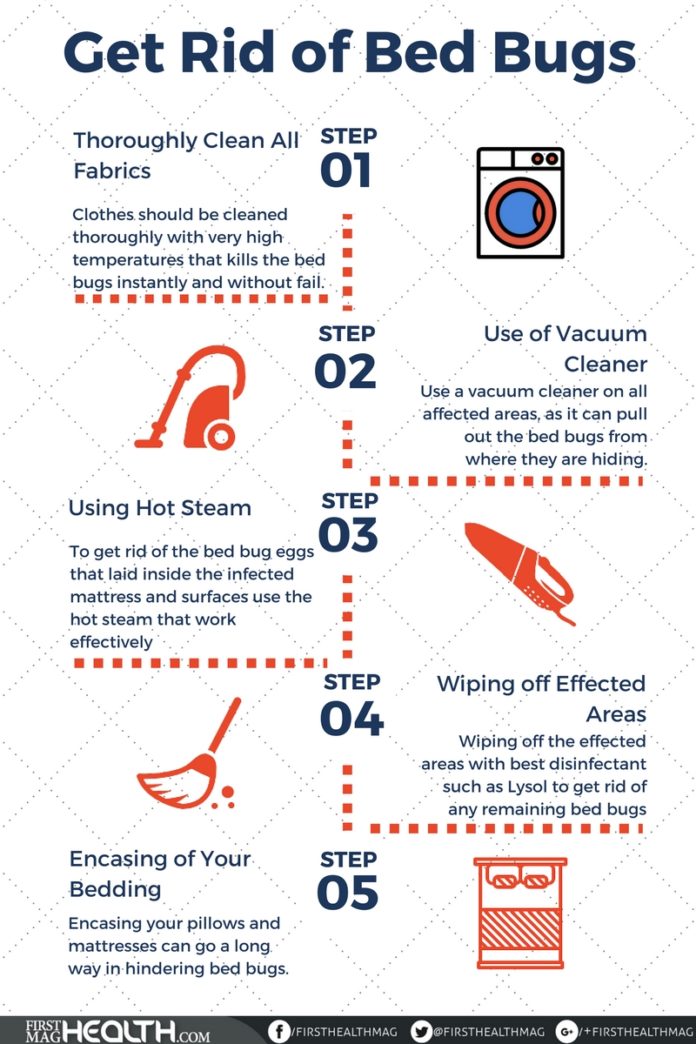

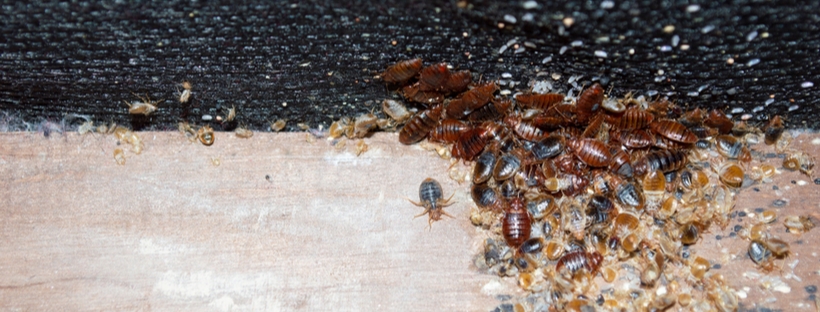
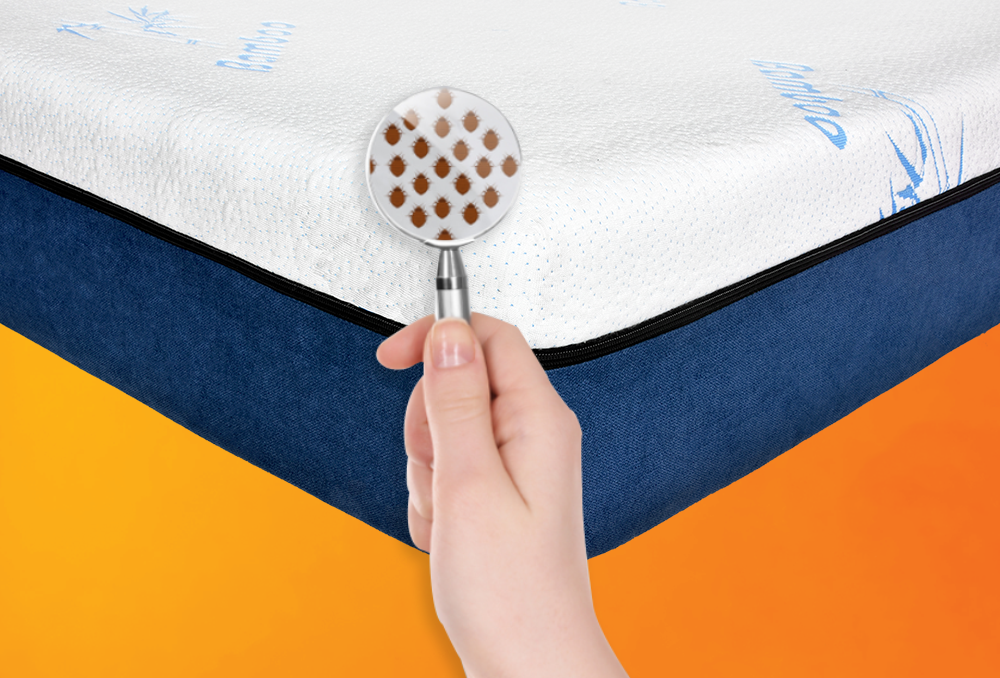

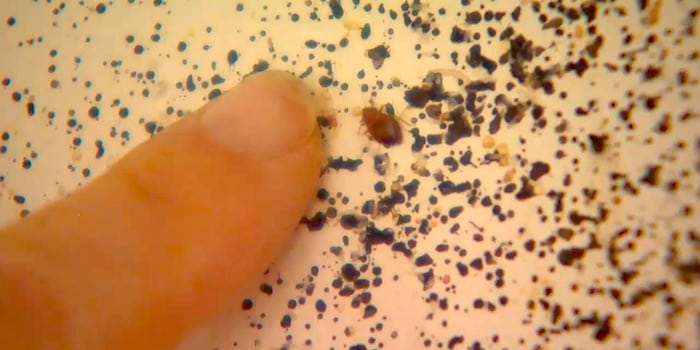






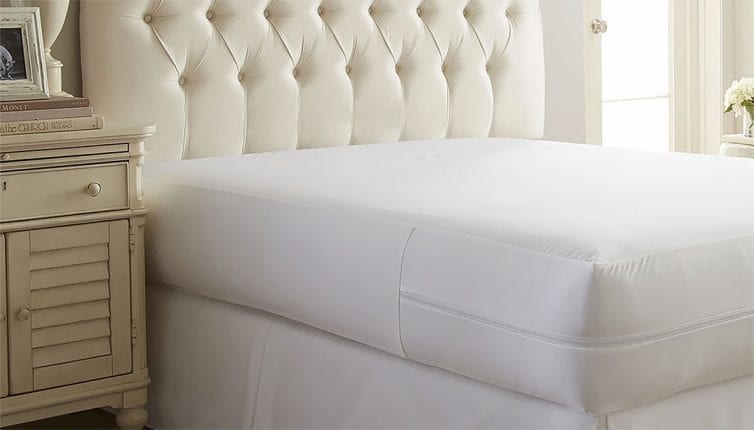
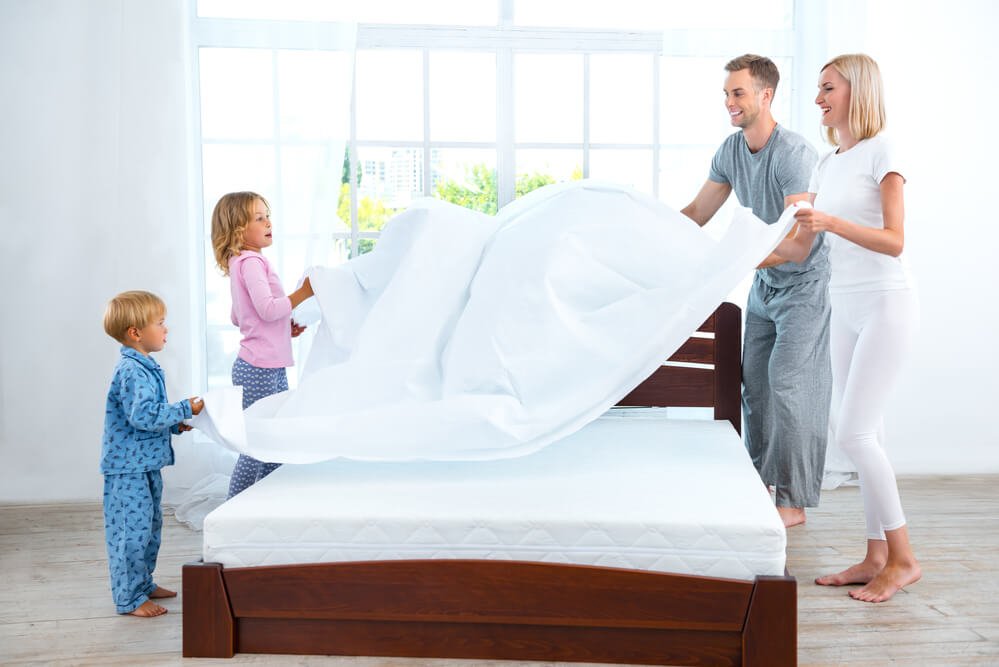
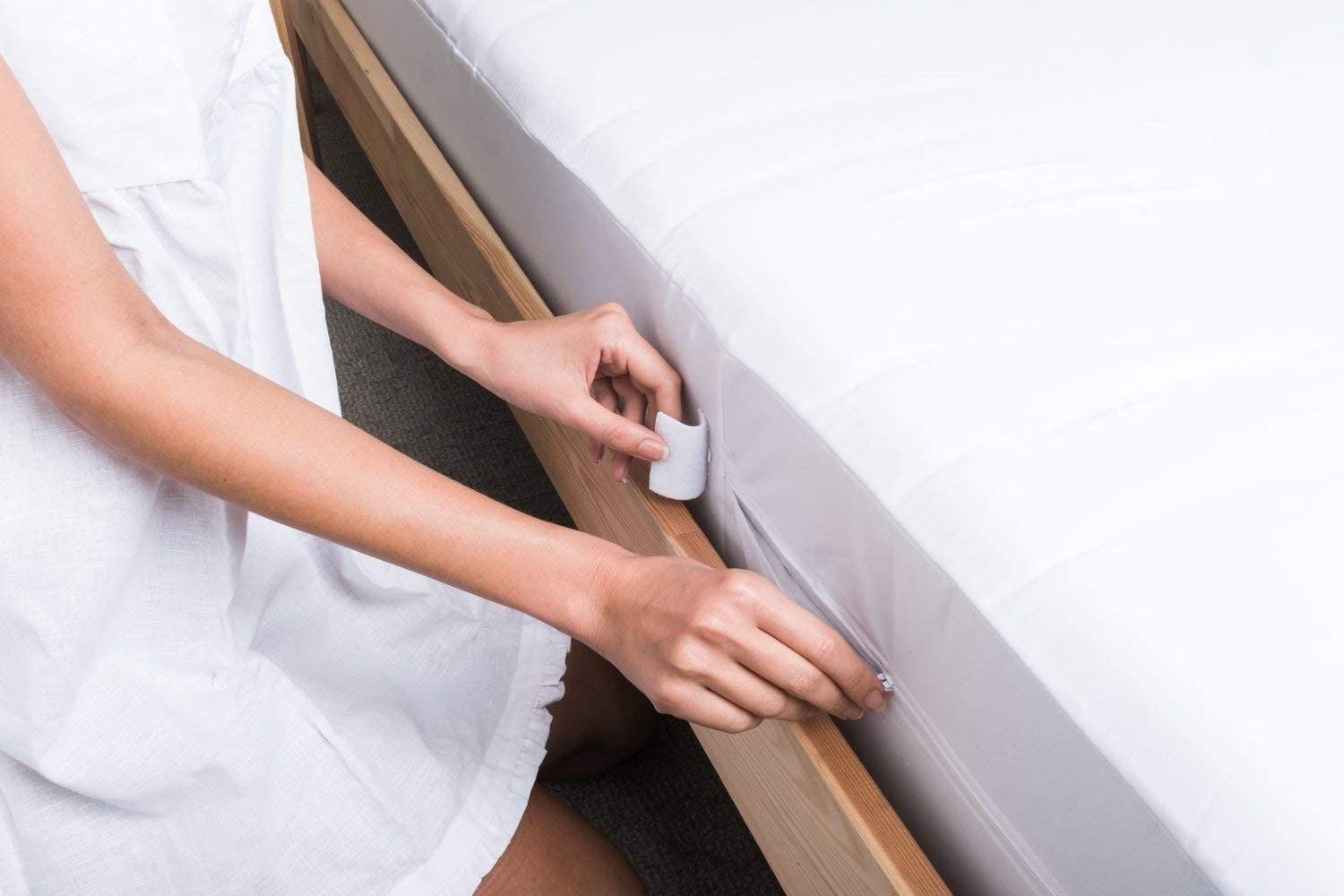

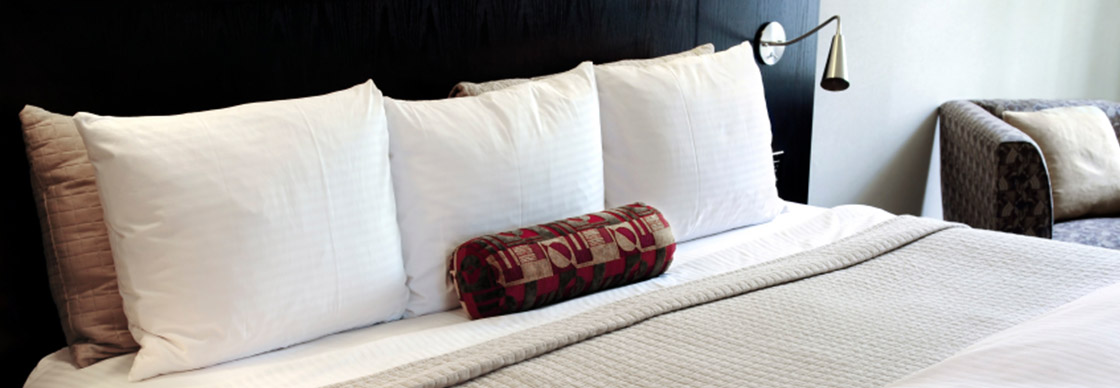
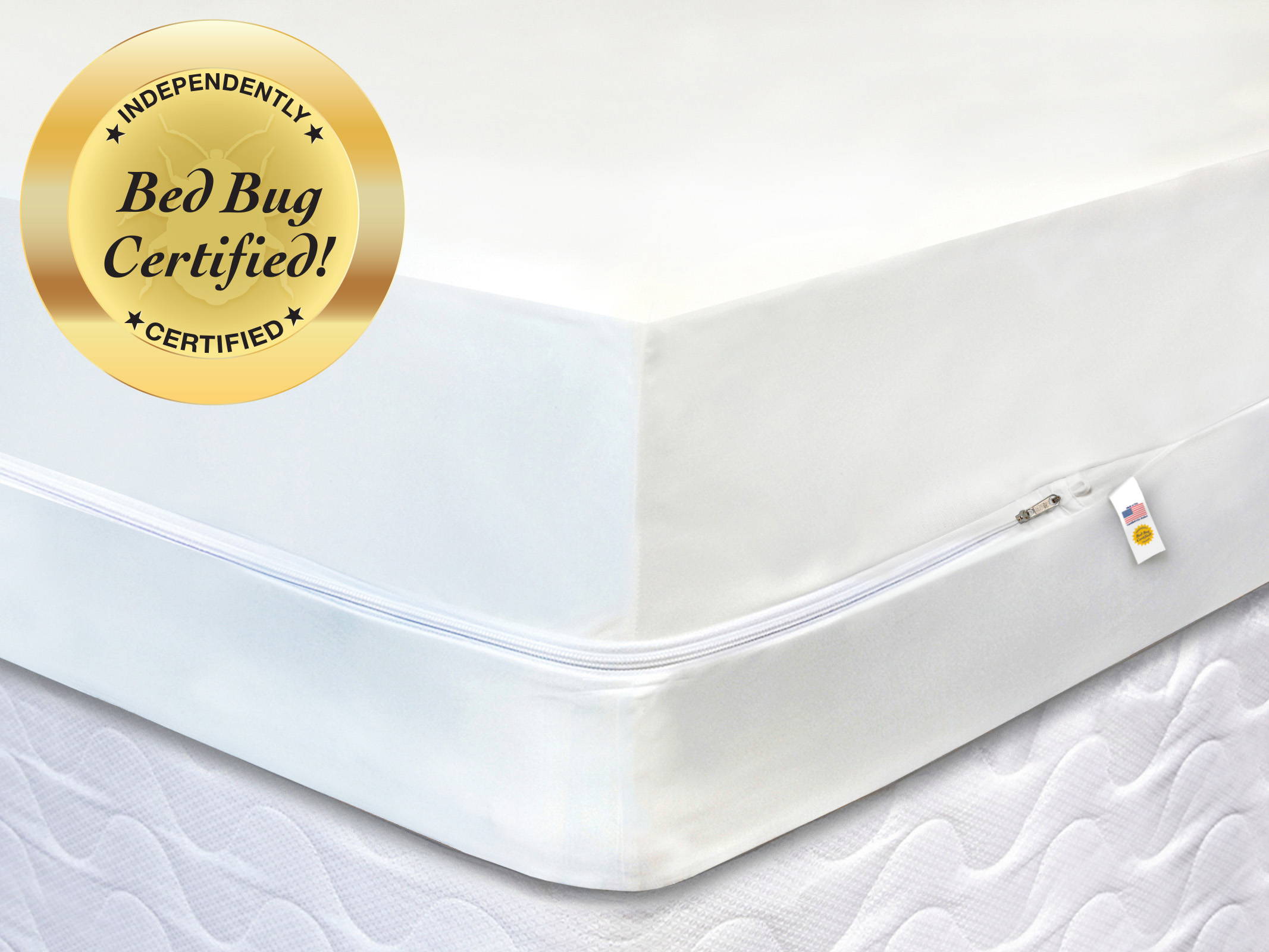

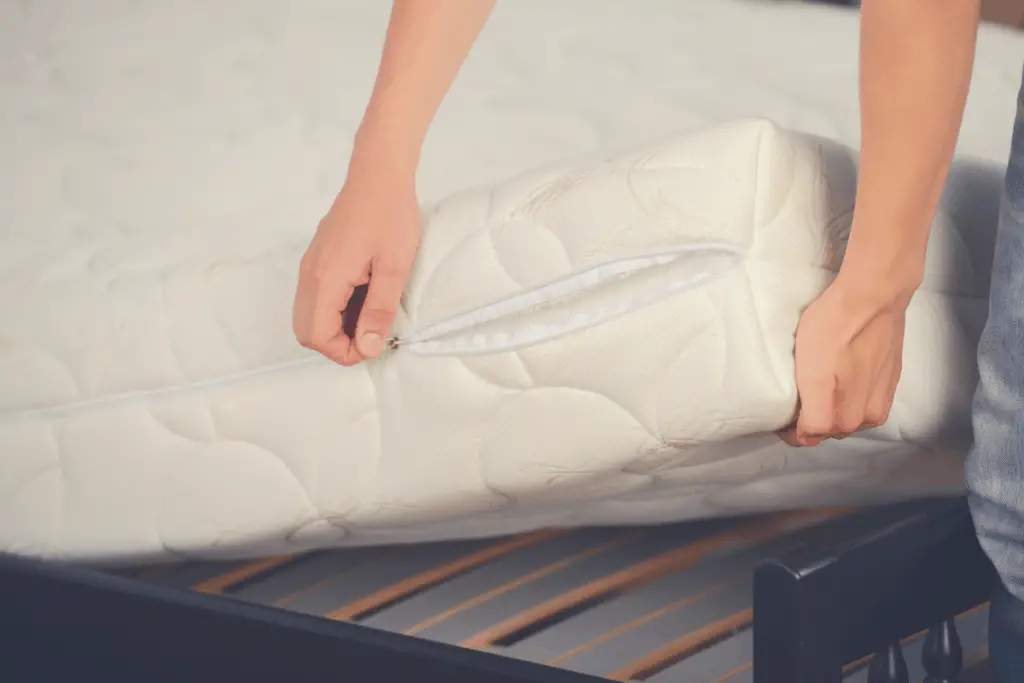
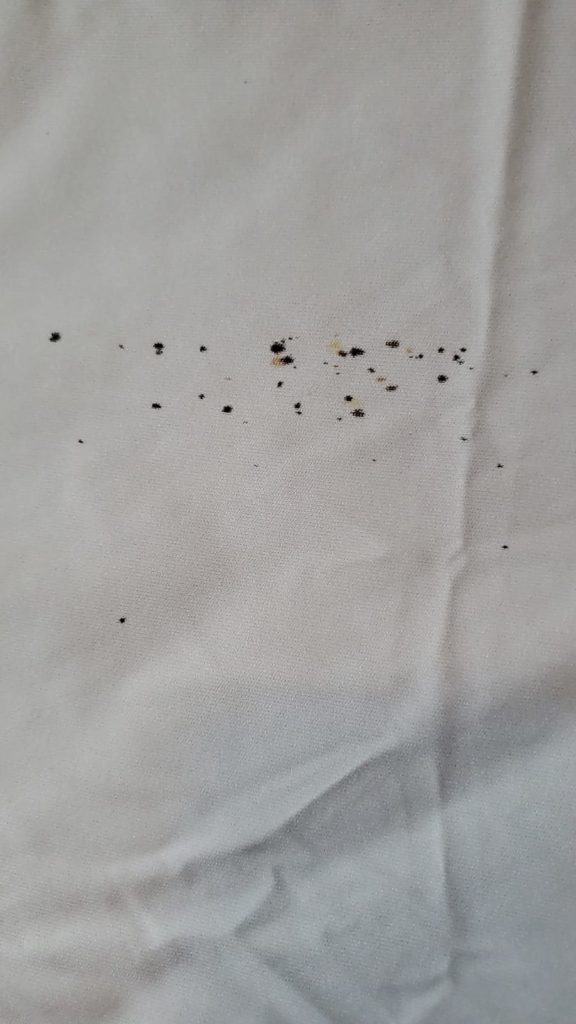




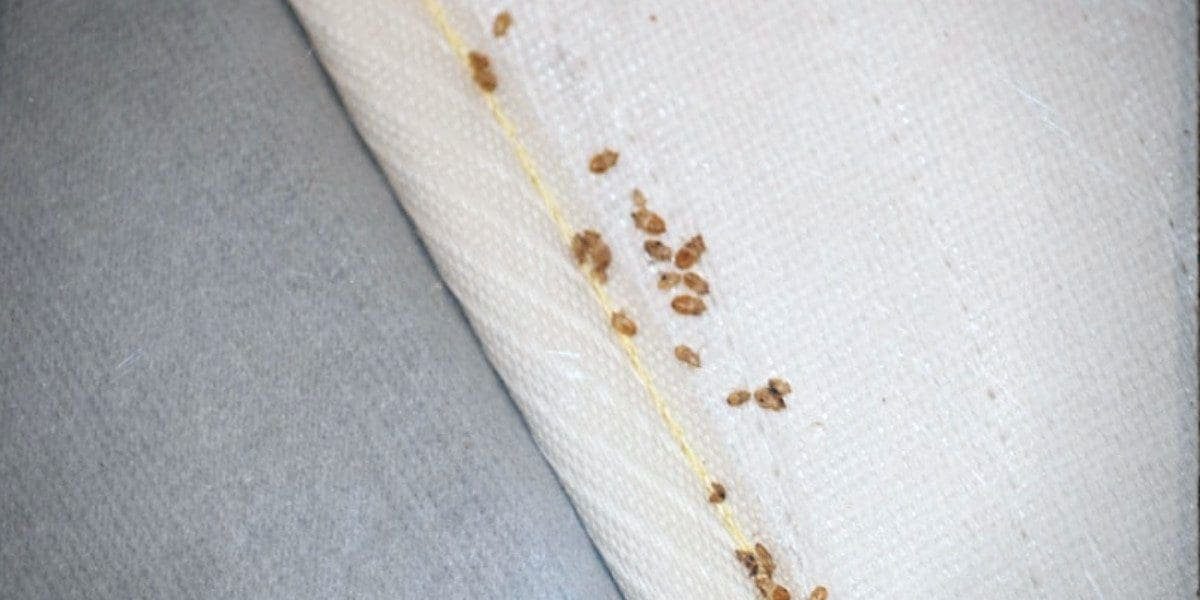
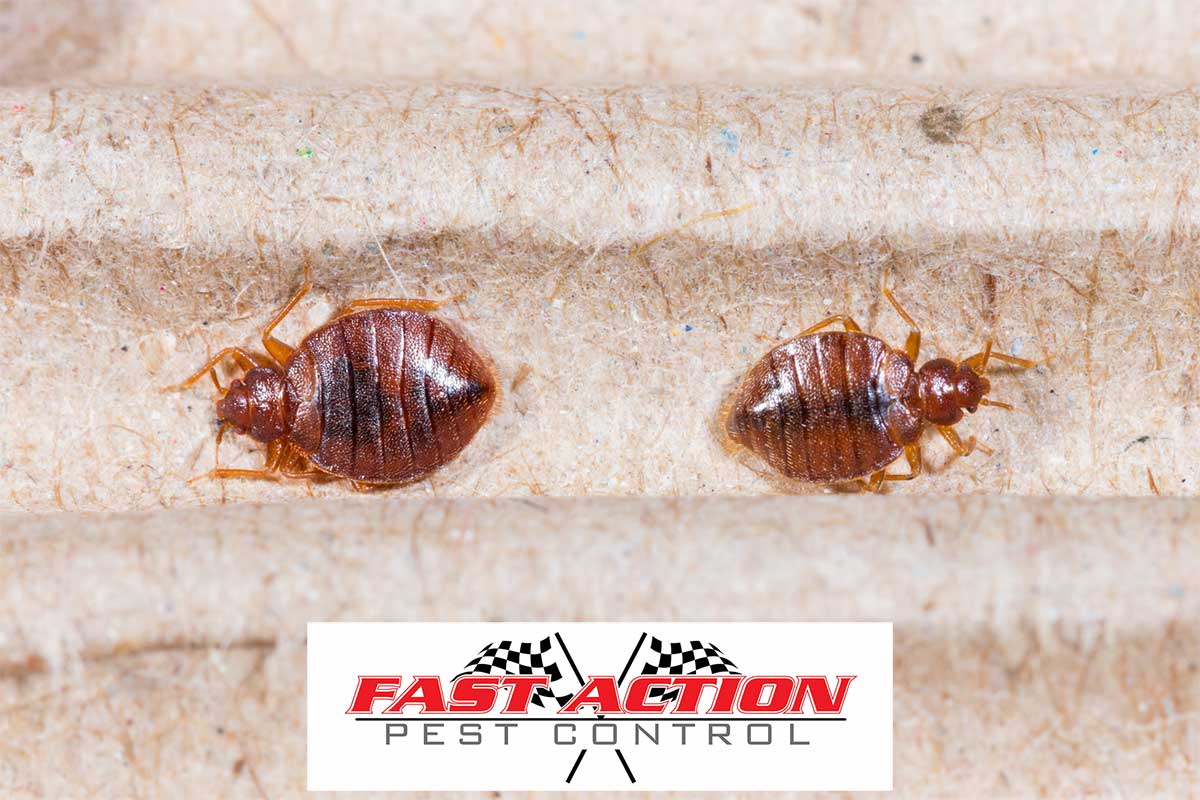
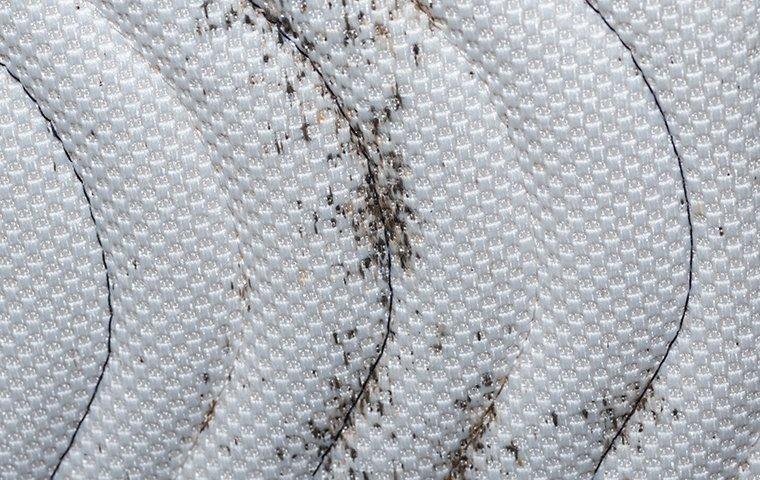


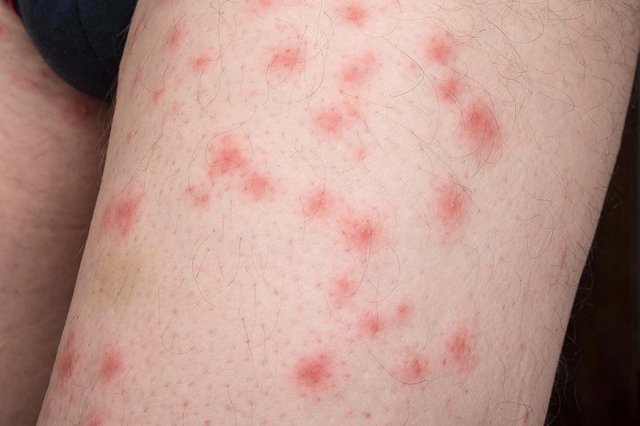


/Bed-bug-control-tips-and-tricks-2656377-e580f433c55a4a98826e429753062084.jpg)


